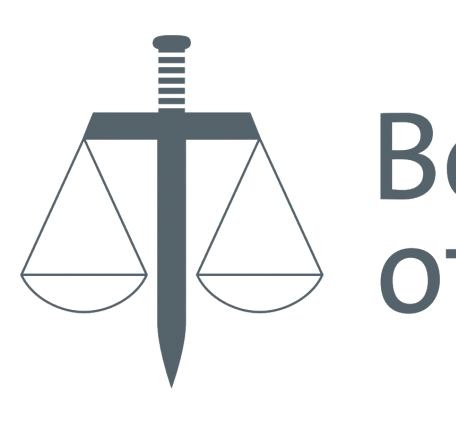

Virusresistente meloenen
Because of the lack of a proper Budapest Treaty deposit, as required by Rule 31 EPC for inventions concerning biological material which is not available to the public, the Opposition Division considered the patent not in compliance with Art. 83 EPC, i.e. not disclosing the invention in a manner sufficiently clear and complete to be carried out by the skilled person.
The patent proprietor appealed the OD’s decision arguing that the plants identified by the melon accession no. PI313970 were publicly available on the priority date and continued to be publically available on the date of writing the grounds of appeal, for which they produced several written proofs. The proprietor/appellant also referred to the US NPGS website, wherefrom the wild melon plants of the accession PI313970 could be readily ordered, and argued that it was the task of the US NPGS to maintain the accession in a responsible manner that implements measures ”to avoid genetic drift or loss”.
One of the opponents/respondents counter-argued the above by stating that to satisfy the requirements of Art. 83 EPC, the material has to be available to the public without restriction over the whole term of the patent (emphasis added), and consequently, that another proof was also needed, guarantying that the plants would remain available for the entire future period until the patent expires. The second opponent/respondent referred to the text and the Annex of the Budapest Treaty governing the deposition, storage, viability testing, furnishing of samples of the deposit, its discontinuance etc., which, as they argued, were specific measures not adequately provided by the US NPGS and were deemed necessary to safeguard the availability of the biological material over the minimum period of 30 years as specified by the Budapest Treaty.
In response to the submissions from the parties, the Board reminded that “Rule 31(a) EPC provides that the invention is regarded as being disclosed as prescribed in Article 83 EPC only if a sample of the biological material (that is not available to the public) has been deposited with a recognised depositary institution on the same terms as those laid down in the Budapest Treaty not later than the date of filing of the application”
Although the Board noted that it understood that according to the appellant “the relevant biological material was and remains publically available in the sense of Rule 31(1)(a) EPC at the US NPGS”,
it agreed with the point of the opponents/responders that the skilled person must be able to carry out the invention at least over the entire term of the patent for the reason that the requirements of Art. 83 EPC are not time limited.
The Board notably stated (emphasis added):
“To be considered "available to the public" in the sense of Rule 31(1) EPC, a biological material must be available in a manner that allows the skilled person to be certain that they can obtain it at least over the term of the patent. By way of illustration, examples of such biological material are brewers yeast and Escherichia coli in general, or indeed melon plants in general. Non-examples are specific, non-generic strains of microorganism or indeed accessions of plants only available from a non-Budapest Treaty institution.”
Consequently, the Board concluded that the relevant biological material, being the plants of accession PI313970 as referred to in all of the claim requests of the appellant, was neither available to the public in the sense of Rule 31(1) EPC nor was deposited with a recognised depositary institution as provided for in Rule 31(1)(a) EPC. Thus, the claimed invention was found not to meet the requirements of Art. 83 EPC, none of the claim requests was allowable, and the appeal was dismissed
The key message from the above for the Applicants is thus the following: if your invention or its relevant fallback position relies on a specific and/or non-generic biological material, such as a specific microorganism strain, do not risk having your patent refused or revoked on the basis of insufficiency of disclosure (i.e. incompliance with Art. 83 EPC/Rule 31 EPC), and, if possible, get your Budapest Treaty deposit done correctly and before the filing date (or priority date, if priority is claimed). Of note, do mind that when you file, you will need to mention in your patent specification the biological material’s accession number as accorded by the International Depository Authority, and preferably also be sure that the viability tests as performed by said Authority are in order. Both of these may take up to a few weeks, so it is advisable not to make the deposits as a last minute formality but to plan and get them done safely ahead of the desired filing day.
Read the full EPO decision via the link below
More Case Law
Read other interesting cases selected by our Case Law team




